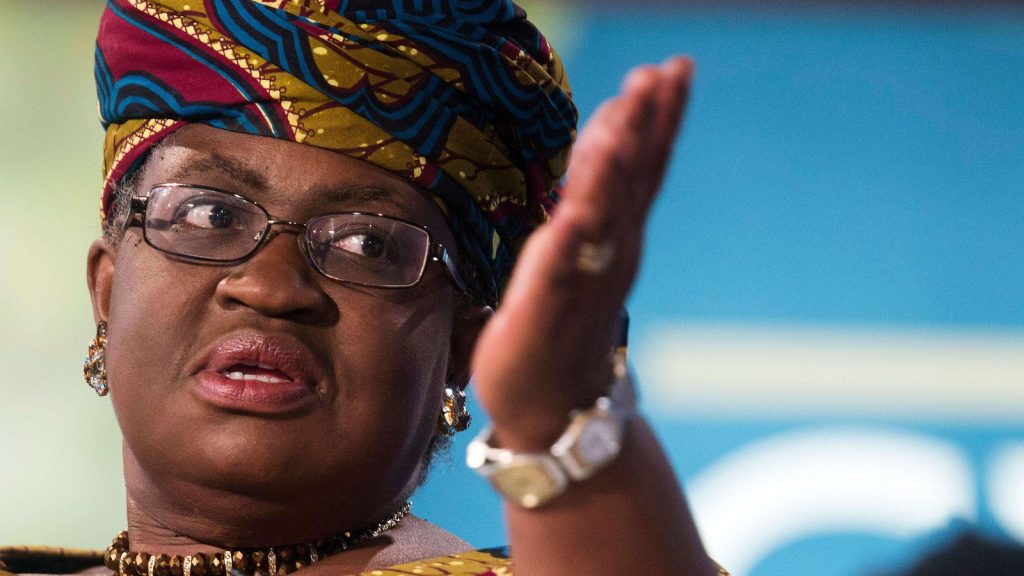|
Getting your Trinity Audio player ready...
|
According to the 28th WTO Trade Monitoring Report on G20 trade measures issued on 14 November, In a context of economic uncertainty exacerbated by the COVID-19 pandemic, the war in Ukraine and the food security crisis, G20 economies between mid-May and mid-October 2022 introduced export restrictions at an increased pace, particularly on food and fertilizer.
WTO Director-General Ngozi Okonjo-Iweala called on G20 countries, and all WTO members, to refrain from adopting new trade-restrictive measures that can further contribute to a worsening of the global economic outlook.
“While some trade-restrictive measures have been lifted by G20 countries, the report indicates that the trend has been going in the wrong direction. Export restrictions contribute to shortages, price volatility, and uncertainty. G20 economies must build on their collective pledges from the 12th Ministerial Conference and demonstrate leadership to keep markets open and predictable, so that food and fertilizer in particular can flow to where they are needed,” said WTO Director-General Ngozi Okonjo-Iweala, who will be attending the G20 Leaders’ Summit in Bali, Indonesia, on 15-16 November.
The report indicates that supply chains on the whole have thus far proved to be resilient, despite the war in Ukraine, the continuing impacts of the COVID-19 pandemic, the highest inflation many countries have experienced in decades, and the impacts of monetary tightening by central banks seeking to limit price increases. That said, specific industries and regions have been differently impacted.
Overall, the pace of implementation of new export restrictions by WTO members has increased since 2020, first in the context of the pandemic and subsequently with the war in Ukraine and the food crisis. Some of these export restrictions have been gradually lifted, but several still remain in place.
As of mid-October 2022, WTO members still had in place 52 export restrictions on food, feed and fertilizers, in addition to 27 export restrictions on products essential to combat COVID-19. Of these, 44% of the export restrictions on food, feed and fertilizers, and 63% of the pandemic-related export restrictions, were maintained by G20 economies.
During the review period, G20 economies introduced 66 new trade-facilitating measures (covering trade worth USD 451.8 billion) and 47 trade-restrictive measures on goods (with a trade coverage of USD 160.1 billion). These measures were not related to the pandemic.
At the same time, the accumulated stockpile of G20 import restrictions continued to grow. By mid-October, 11.6% of G20 imports were affected by trade-restricting measures implemented since 2009 and still in force.
Initiations of trade remedy investigations by G20 economies declined sharply during the review period (17 initiations), after a peak in 2020 that was the highest since the beginning of the trade monitoring exercise in 2009. Anti-dumping measures continued to be the most frequent trade remedy action in terms of initiations and terminations.
Similarly, the implementation of new COVID-19-related trade measures by G20 economies decelerated over the past five months, with four new such measures recorded on goods and one on services. The number of new COVID-19-related support measures to mitigate the social and economic impacts of the pandemic also fell sharply over the past five months.
Since the beginning of the pandemic, 201 COVID-19 trade and trade-related measures in goods were implemented by G20 economies. Most (61%) were trade facilitating, while the rest (39%) could be considered trade restrictiions
G20 economies also continued to phase out pandemic-related import and export measures. By mid-October 2022, 77% of export restrictions had been repealed, leaving 17 restrictions in place. Although the number of the pandemic-related trade restrictions in place decreased, their trade coverage remained significant, at USD 122.0 billion.
G20 members are: Argentina; Australia; Brazil; Canada; China; the European Union; France; Germany; India; Indonesia; Italy; Japan; the Republic of Korea; Mexico; the Russian Federation; Saudi Arabia; South Africa; Türkiye; the United Kingdom; and the United States.
Source: myghanadaily


